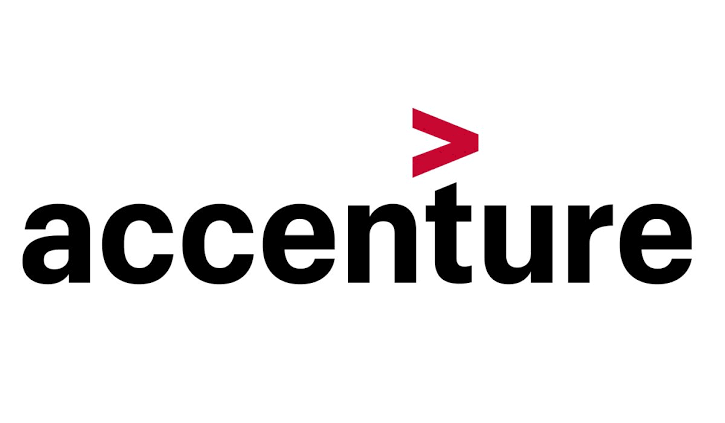
For years, Accenture has been the gold standard of corporate consulting, a data-driven powerhouse helping businesses navigate change, cut inefficiencies, and reinvent themselves in a fast-moving world. But now, the firm that made a fortune advising others on how to evolve is facing a reckoning of its own.
The very tools it once helped implement. Tools like automation, outsourcing, and digital transformation have matured into something much more potent (artificial intelligence).
As recently as February 2025, Accenture’s position looked unshakable. With a market value of $250 billion, the company was more valuable than even titans of finance like Goldman Sachs and Morgan Stanley. Since 2015, it had delivered a staggering 370% return to investors outpacing the S&P 500 and reinforcing its status as the king of modern consulting.
But the landscape has shifted, On June 20th, Accenture’s stock took a 7% dive following an earnings report that, on the surface, looked fine. Revenue ticked up to $17.7 billion. Operating profit went higher to $3 billion.
But Under the numbers lies a more unsettling trend which is a declining demand. New bookings both for bespoke consulting projects and for long-term “managed services” were down for the second consecutive quarter.
These are the core of Accenture’s business model. And perhaps most tellingly, the number of clients signing nine-figure contracts dropped. Just a few months ago, 32 customers were committing over $100 million each. Now it's 30.
To understand what’s happening, we need to look at the broader context.
The consulting industry was built on a simple premise which is businesses need expert outsiders to solve complex internal problems. Whether it was a digital overhaul, a supply chain issue, or a full-scale organizational rethink, companies turned to firms like Accenture, BCG, or McKinsey. They brought frameworks, benchmarks, slides, and lots of very smart people in expensive suits.
But AI has changed the game. Chatbots can now do the work of junior consultants. Predictive algorithms can optimize supply chains without a room full of MBAs. AI copilots help managers and engineers make faster, data-backed decisions. In this new landscape, many executives are asking: Why pay Accenture $10 million to solve a problem when an AI suite can handle 80% of it for a fraction of the cost?
And this is where things get dangerous for Accenture.
Ironically, Accenture has branded itself for years as a “reinvention partner.” It prides itself on staying ahead of change, integrating the newest tools, and helping clients transition into the digital future.
But that future has now arrived. And it’s not calling for reinvention. It’s calling for replacement.
The company is not asleep at the wheel. It has invested heavily in AI, data platforms, and cloud services. It even has its own generative AI solutions that it pushes to clients.
Accenture still has a vast client network, deep enterprise ties, and loads of talent. But if AI tools become the default embedded directly into workflows via Microsoft, Google, or AWS—then the need for consultants becomes less existential and more optional.
The real risk isn't that Accenture will collapse tomorrow. It's that its relevance will slowly erode. The firm will become like a legacy software platform still around, still profitable, but no longer essential.
To survive, Accenture needs to double down on what AI can’t replace. Human judgment. Strategic vision. Ethical oversight. Cross-industry wisdom. But those must be offered in a new, leaner, tech-powered package one that feels less like a consulting monolith and more like a responsive, embedded partner.